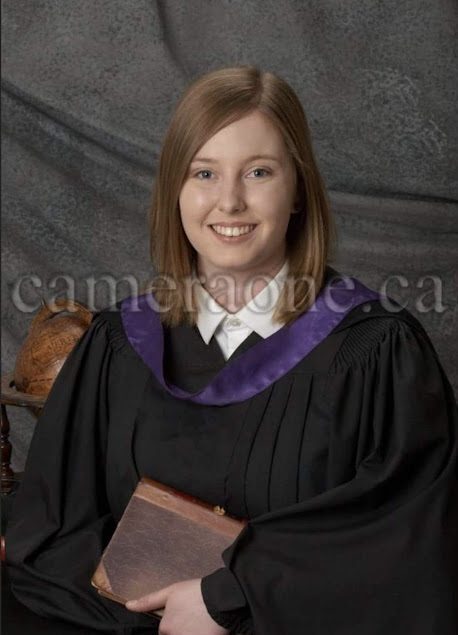The article Learning from place: a return to traditional Mushkegowuk ways of knowing explores a research project that aimed to honor Mushkegowuk Cree relationship with the land. The end results would be broadcast across northern Ontario, and include youth interviewing Elders in the community. This then led to the concept of a ten-day river journey with participants of all ages.
I see reinhabitation in this article occurring at a crucial time. The authors explain that at the time of this research, there had been major discoveries which eventually led to widespread extractions and invasive projects. This helped launch the movement to maintain the Mushkegowuk way of life and relationship with the land. On the first journey, Elders acted as tour guides sharing knowledge. One of the key features that relate to reinhabitaton is community mapping. This removes the borders and colonial traditions that uprooted traditional values. In relation to decolonization, the trip helped students understand and regain respect for the land that has been forgotten under western models. Through decolonization, youth of tomorrow will be able to experience what their ancestors experienced pre-colonialism.
I would like decolonization and reconciliation education to be a constant presence in my classroom. In addition, I would like to teach this concept further by moving into place education and knowledge. As a secondary educator with a major in social studies, the study of Indigenous history and education will play a key role in my teaching. One of the ways I would like to incorporate place would be through excursions in and around our community. As an elementary student, my class would make regular trips to Wanuskewin Heritage Park, usually in the spring, to discover and learn about Indigenous people, history and traditions. These experiences of place guided my understanding and appreciation for Indigenous culture and history. Another aspect I would like to incorporate is inviting Elders or speakers who have connections to knowledge. It is one thing to have students read from a textbook but to live and experience knowledge is much more effective than reading a textbook written from a European narrative.
